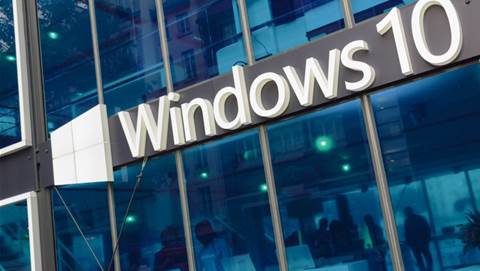A public-private IoT startup by the Victorian government and Xerox closed after just 16 months because its technology was not commercially ready, despite assertions otherwise.

The startup, Eloque, was set up to commercialise technology that VicTrack and Xerox had built over a two-year trial.
The technology was fibre optic sensing for continuous condition monitoring of the structural integrity of bridges.
The state government backed its commercialisation with $82.5 million - including $50 million directly, and $32.5 million from VicTrack’s own budget.
The $50 million investment also established the Department of Transport as a customer of Eloque; $9 million of that was released to deploy the technology, called FiBridge, on up to 30 state-owned bridges.
But by June 2022, the sensors were only in place on 23 bridges and “did not provide consistent and reliable data needed to extract meaningful information about the bridges' condition”, according to an audit report released today.
“None of the sensors were fully commissioned or accepted by the Department of Transport.”
After questions were raised, Eloque suggested replacing the existing sensors with newer ones “to enable higher-quality data to be produced”.
It also “revised its product roadmap and forecast that a minimum viable product would be available in the third quarter of 2023”, however not one that would meet the department’s expectations.
The department declined to ask for more government money from the $50 million pot, and Eloque went on to be wound up.
Victoria’s auditor-general found initial advice to the government presented “an over-optimistic view of FiBridge as market-ready and did not transparently outline how the commercial aspects of the venture would work.”
The auditor said the “unique” arrangement should have been better tested.
“A government agency creating and running a startup as a joint venture with a private sector partner is an unusual approach, which may never have happened before,” the auditor said.
“This meant it was especially important for VicTrack to conduct a thorough investment analysis and advise the government how it planned to manage the risks of this ‘unique’ approach.”
The audit states that much was made of “the promised benefits and profits” in the commercialisation proposal to cabinet.
“The advice to the government estimated that the venture would require $65 million over five years to develop key features of the product and optimise hardware supply and engineering,” the auditor stated.
“[The advice] also estimated that after 10 years the venture would earn annual revenue of $422 million.”
Overall, it was found that advice to the government about commercialising FiBridge and setting up the joint venture “was inaccurate and incomplete.”
The audit also criticised the stakeholders involved for a lack of oversight of the joint venture, which meant they reacted too slowly when things started to fall apart.
Sensors installed on state-owned bridges were ultimately removed, and a sale of FiBridge assets netted around $28,000, which was returned to VicTrack.
“The joint venture cost the Victorian government a total of $20.4 million,” the audit added.



























